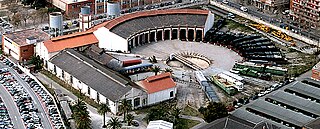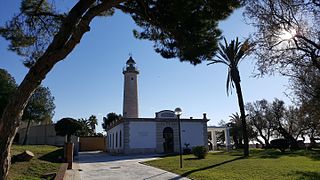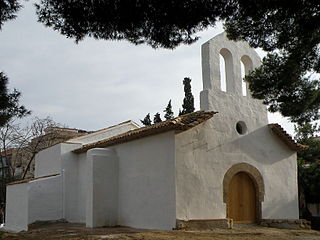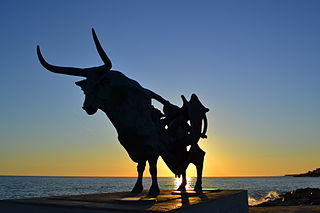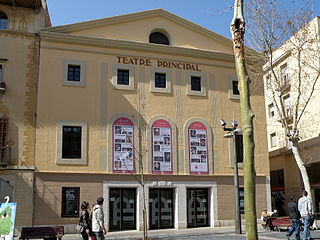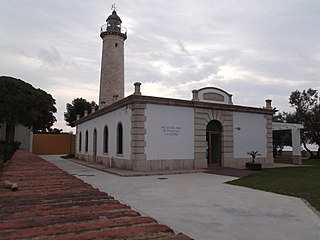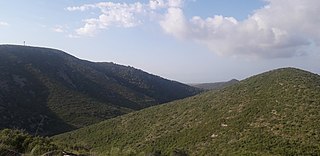8 Sights in Vilanova i la Geltrú, Spain (with Map and Images)
Legend
Welcome to your journey through the most beautiful sights in Vilanova i la Geltrú, Spain! Whether you want to discover the city's historical treasures or experience its modern highlights, you'll find everything your heart desires here. Be inspired by our selection and plan your unforgettable adventure in Vilanova i la Geltrú. Dive into the diversity of this fascinating city and discover everything it has to offer.
Sightseeing Tours in Vilanova i la Geltrú1. Museu del Ferrocarril de Catalunya. Vilanova i la Geltrú
The Railway Museum of Catalonia is a museum in Vilanova i la Geltrú. The museum has a large collection of historic railway locomotives and other rolling stock in a former station and roundhouse. It is located close to the railway station in Vilanova i la Geltrú, 40 km south of Barcelona.
2. Espai Far
The Espai Far is a museum facility located in the Sant Cristòfol Lighthouse in Vilanova i la Geltrú, inaugurated on July 16, 2016, focused on the city's marine heritage. It has three permanent exhibition spaces: the Museum of the Sea of Vilanova i la Geltrú, the Víctor Rojas space and the Roig Toqués Museum of Marine Curiosities. It is part of the Network of Maritime Museums of Catalonia.
3. Sant Joan d'Enveja
Sant Joan d'Enveja is a hermitage located in Vilanova i la Geltrú. Currently, the hermitage is located in Carrer de la Torre d'Enveja, on the outskirts of the town, forming a complex with the Torre d'Enveja.
4. Pasifae
Pasiphae is a bronze sculpture made by the artist Òscar Estruga i Andreu and signed in 1988-1989. The work has been located on the central breakwater of the beach of Ribes Roges, in Vilanova i la Geltrú since October 27, 1993 on a rectangular concrete base. The inscriptions on the four sides of the base were added in 1997 to explain the meaning of the work, they read: "Pasiphae, daughter of the sun, suffered a mad passion for the white of the herd of her husband Minos, king of Crete", "Our city bathed by the same sea that bathes Crete, is recognized in the Mediterranean civilization", "Oscar Estruga" and "Vilanova i la Geltrú 1991". The text is the work of the writer Bienve Moya. The work weighs 2,500 kilos and is 5.50 meters long, 3.20 meters high and 1.50 wide.
5. Teatre Principal
The Teatre Principal de Vilanova i la Geltrú is located on Rambla Principal núm. 1 in the capital of Garraf. It is a romantic style building built between 1835-37 by Josep Buxareu Gallart. One of the promoters was Josep Anton Marquès, an American who was in Cuba between 1800 and 1817, and who was the administrator of the town's Hospital.
6. Far de Sant Cristòfol
The Sant Cristòfol Lighthouse, also known as the Sant Cristòfol Lighthouse or simply the Lighthouse, is a building in Vilanova i la Geltrú (Garraf) protected as a Cultural Asset of Local Interest. Since 2016 it has housed the Espai Far museum facility, dedicated to the seafaring history of Vilanova i la Geltrú.
7. Fita dels Tres Termes
The Milestone of the Three Thermal Baths is a mountain of 234 meters that is located in the Garraf massif, between the municipalities of Castellet i la Gornal and Vilanova i la Geltrú (Garraf). Very close to the summit there is a mortar quarry that delimits the municipalities of Castellet i la Gornal, Vilanova i la Geltrú and Cubelles and which could date back to 1363.
8. Museu Romàntic Can Papiol
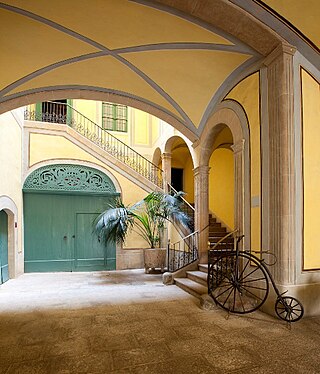
The Can Papiol Romanticism Museum is a museum located in the historic centre of Vilanova i la Geltrú in Catalonia, Spain. It is a manor house dating from the end of the 18th century and is characteristic both for the furniture and decorative elements preserved from the time. Its aim is to evoke 19th-century society by analysing the everyday life of a well-to-do family of the time.
Share
How likely are you to recommend us?
Disclaimer Please be aware of your surroundings and do not enter private property. We are not liable for any damages that occur during the tours.
